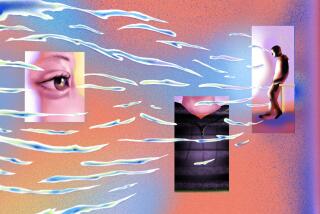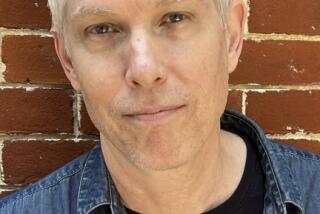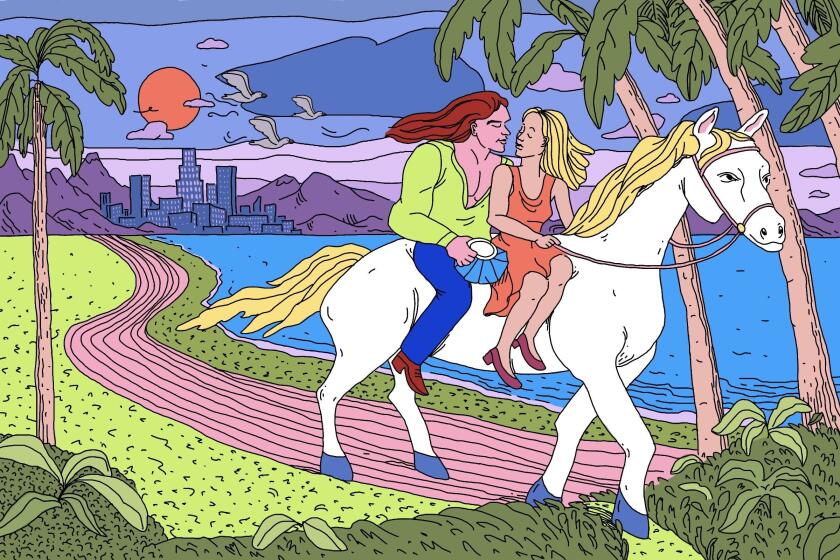One cantankerous coyote
For ME, DISCOVERING Ed Abbey was the spiritual equivalent of having Moby Dick breach in my living room, sloshing a shock of cold water into my sleepy eyes and sending big cresting waves rolling out and out in endlessly widening rings of people and epiphany and connection that continue to oxygenate and invigorate my life 15 years after the writer’s death.
“What was Abbey really like?”
As a friend of the cigar-puffing, wolf-grinning, infamous “Cactus Ed,” I get asked that question a lot.
My response is always the same: What you see is what you get. The lovably ornery literary persona we know as “Cactus Ed” is the real Ed Abbey.
Ed and I were amigos for the final six of his 62 years aboveground. Alone and with our families, we ate, drank, camped and hiked together. When we visited the Abbeys in Tucson, my wife, Caroline, and I always stayed in Ed’s backyard writing shack, overlooking an arroyo. There, serenaded by yapping coyotes and grunting, squealing peccaries, we made love and dreamed wild dreams on the couch-bed where Ed would soon die.
I viewed Ed in many ways: as the father I never knew, the brother I never had, a living Thoreau, teacher, exemplar, hero and unflinchingly reliable friend. Of course, I knew the latter-day Ed, happily married at long last, a doting late-life father. Other, earlier friends may recall a different man. As the vultures of postmortem criticism labor shamelessly to make known, Ed had his flaws, precisely like the rest of us. I see this as a virtue, in that sainthood would only dilute the joyously politically incorrect redneck intellectual heretic.
Ed makes us feel that he is us. Mi corazón es su corazón.
I’d even venture that Ed knew himself best through his writing, particularly in his journals, where he so honestly explored life’s most heart- cracking mysteries.
Before Ed, my world, though superficially “successful,” was painfully sheltered, shallow and confused, defined by a lack of commitment to much of anything, including myself.
Then, in 1983, a friend gave me a copy of “Good News,” a futuristic novel of karmic social and ecological reckoning set day-after-tomorrow in a desert Southwest that had drunk itself completely dry (as it presently seems bent on doing). Society has collapsed; anarchy rules. Hooked hard by the opening scene — an ethereal campfire interaction between a middle-aged one-eyed Jack of a cowboy and his Hopi magician sidekick (with a PhD in philosophy, of course) — I chugged the book in one long draft, unable to let it rest. The next day I went out and bought “Desert Solitaire.” Then “Black Sun.” Too soon I’d read all of Ed’s books plus two scholarly volumes about this compellingly enigmatic “cult hero.” By the end of that orgy of reading, my newly acquired Abbey library was notably stained with yellow from my compulsive highlighting of memorable bits.
“I believe in nothing that I cannot touch, kiss, embrace. The rest is only hearsay.”
“Better a cruel truth than a comfortable delusion.”
“Only the half-mad are wholly alive.”
“Society is like a stew. If you don’t keep it stirred up, you get a lot of scum on top.”
The infamous eco-warrior Dave Foreman nails Ed’s significance when he says that “I can meet a complete stranger, and if that person has read ‘Desert Solitaire’ and feels about it as I do, we have an instant bond of friendship and camaraderie. Abbey is our tribal elder.”
David Petersen is editor of “Confessions of a Barbarian: Selections From the Journals of Edward Abbey, 1951-1989.”
More to Read
Sign up for our L.A. Times Plants newsletter
At the start of each month, get a roundup of upcoming plant-related activities and events in Southern California, along with links to tips and articles you may have missed.
You may occasionally receive promotional content from the Los Angeles Times.






